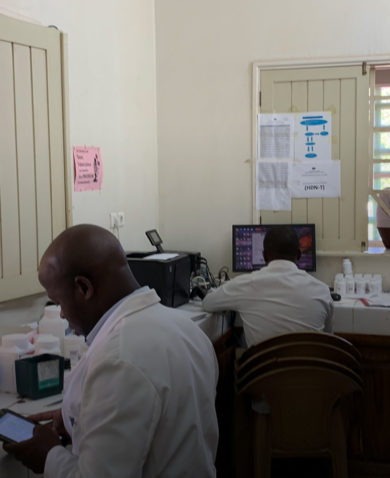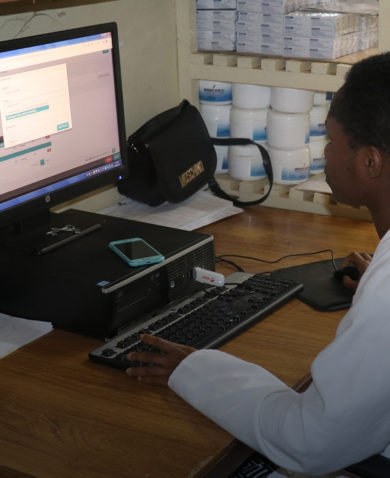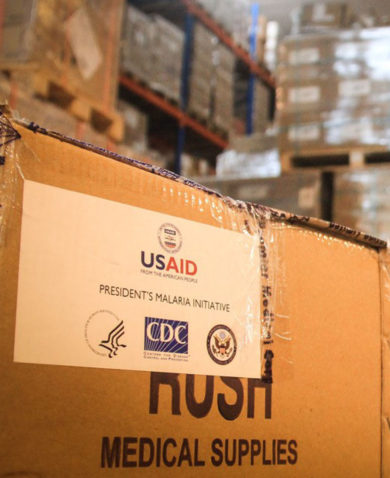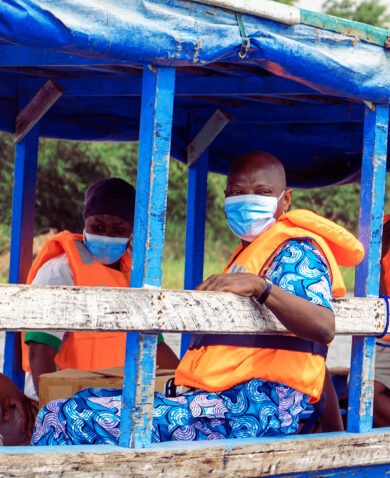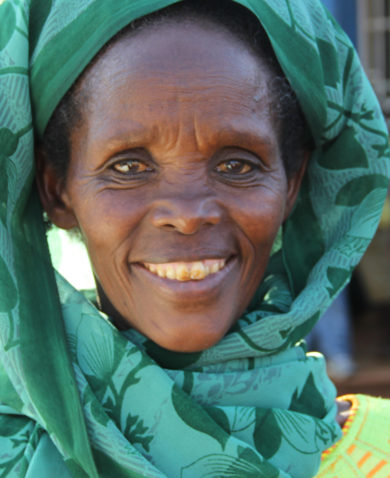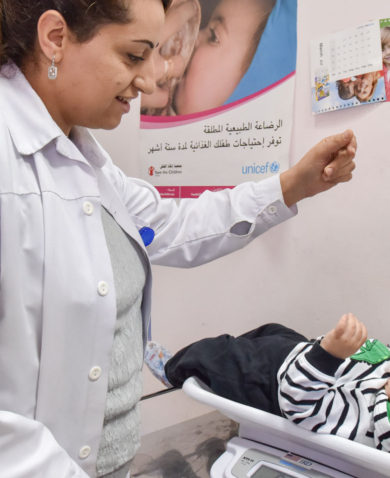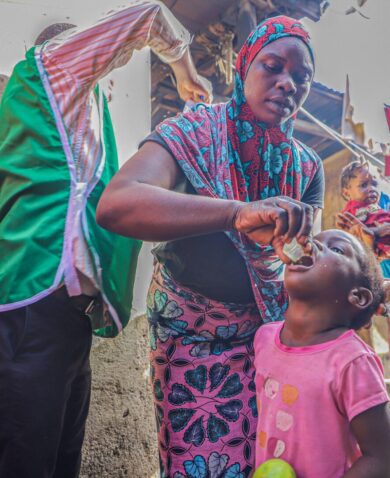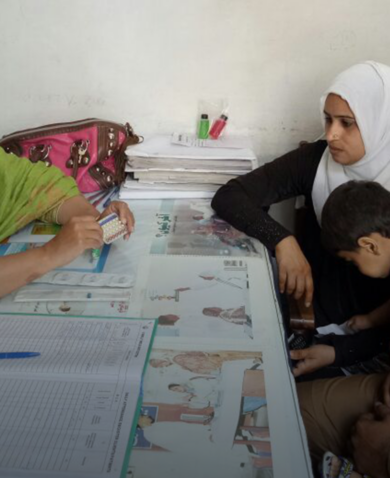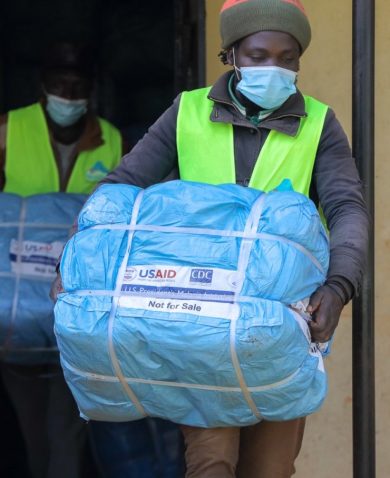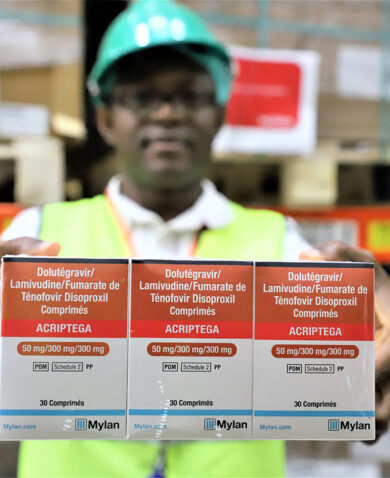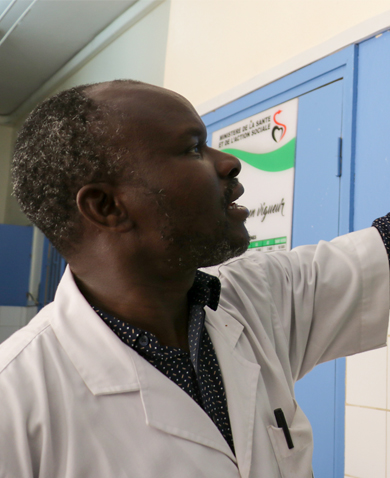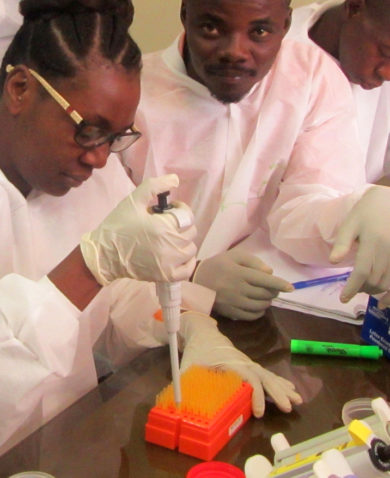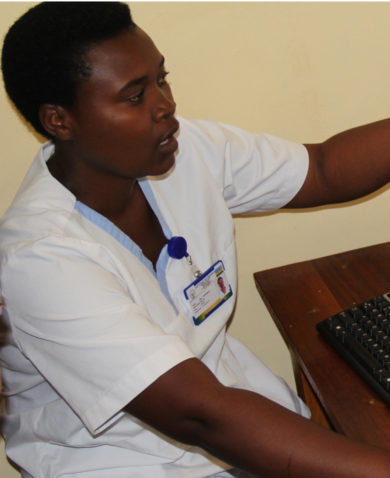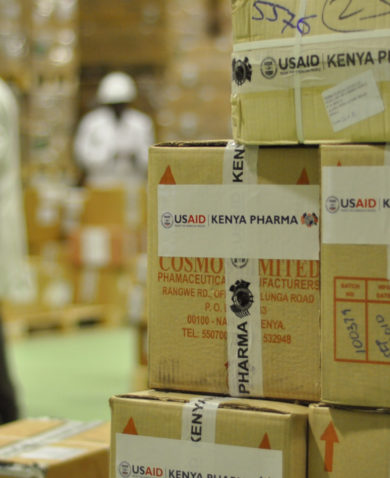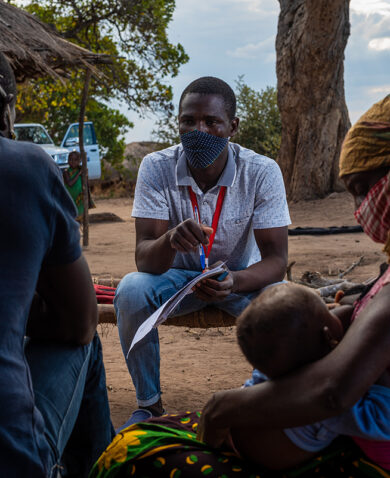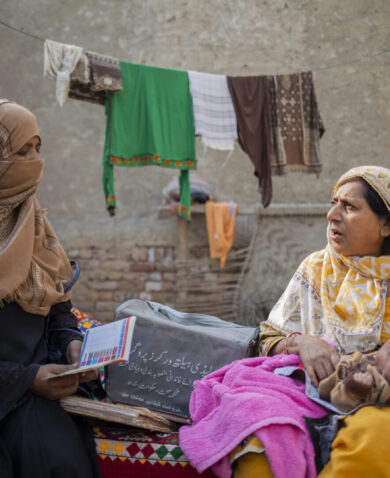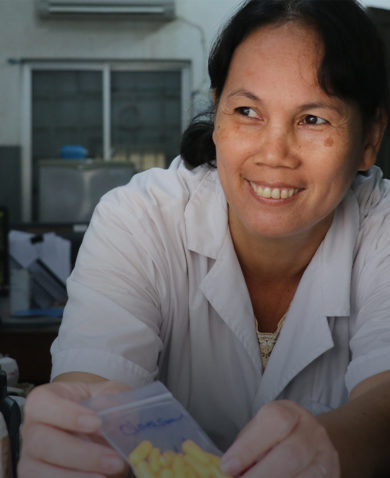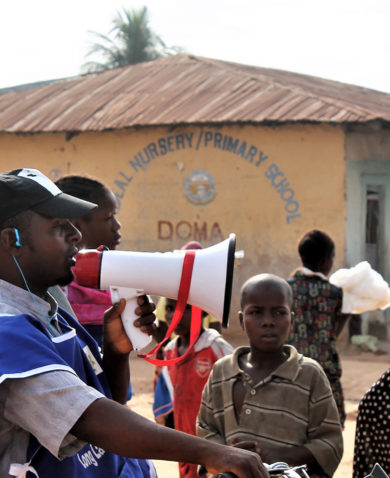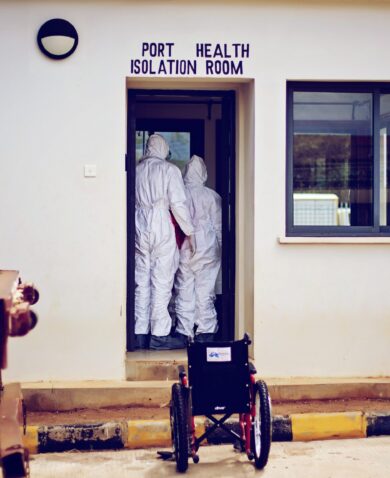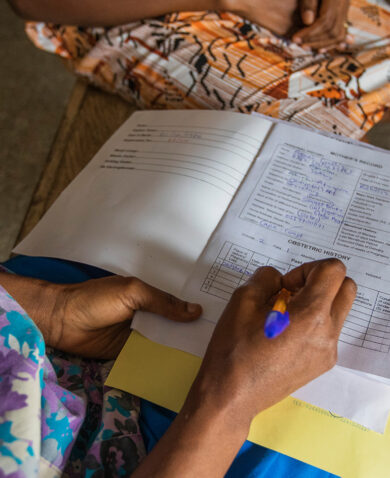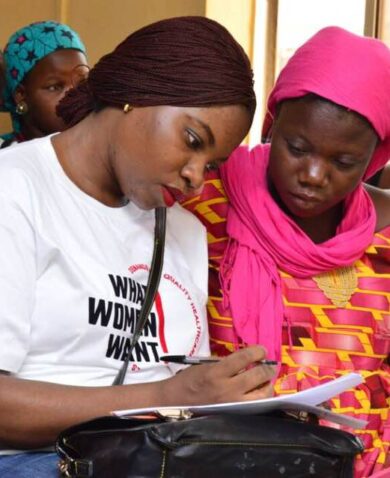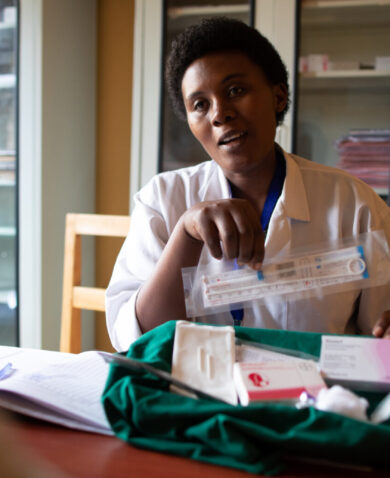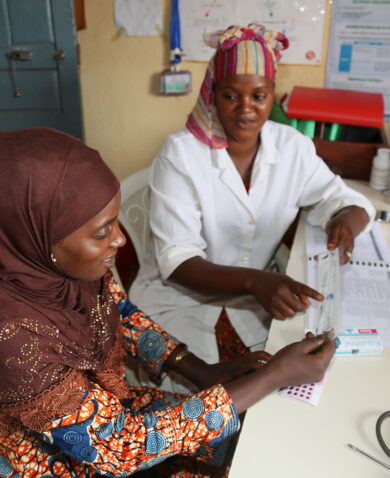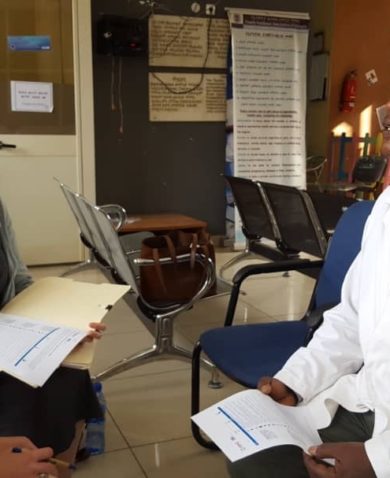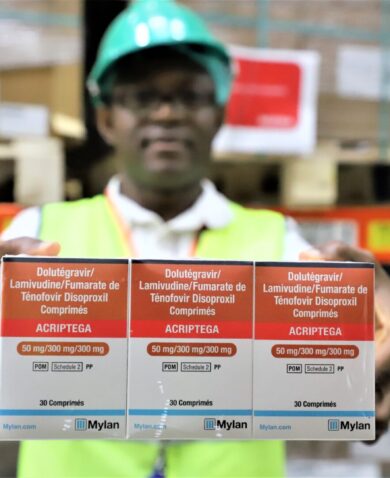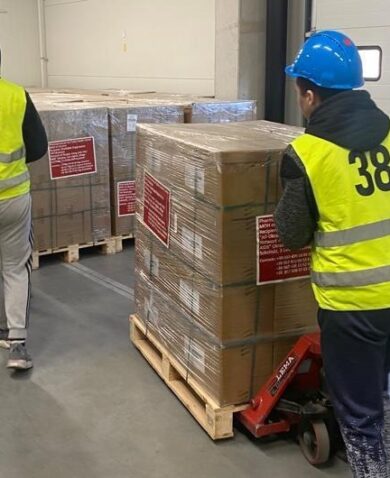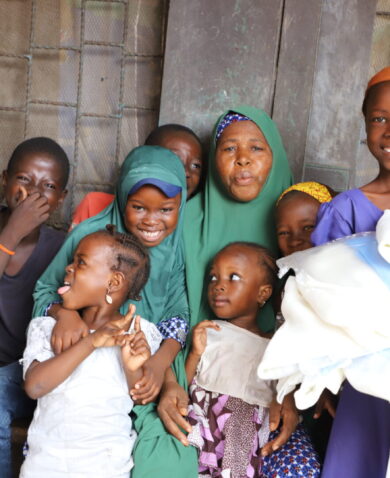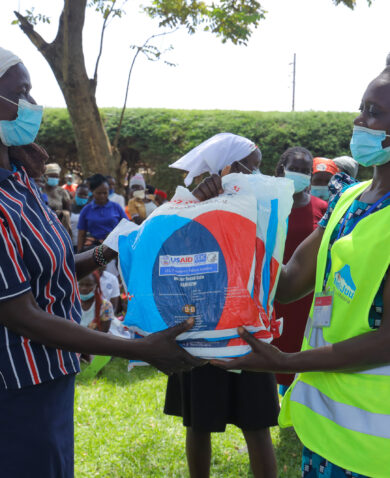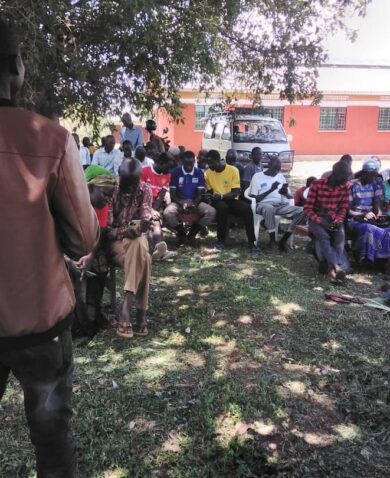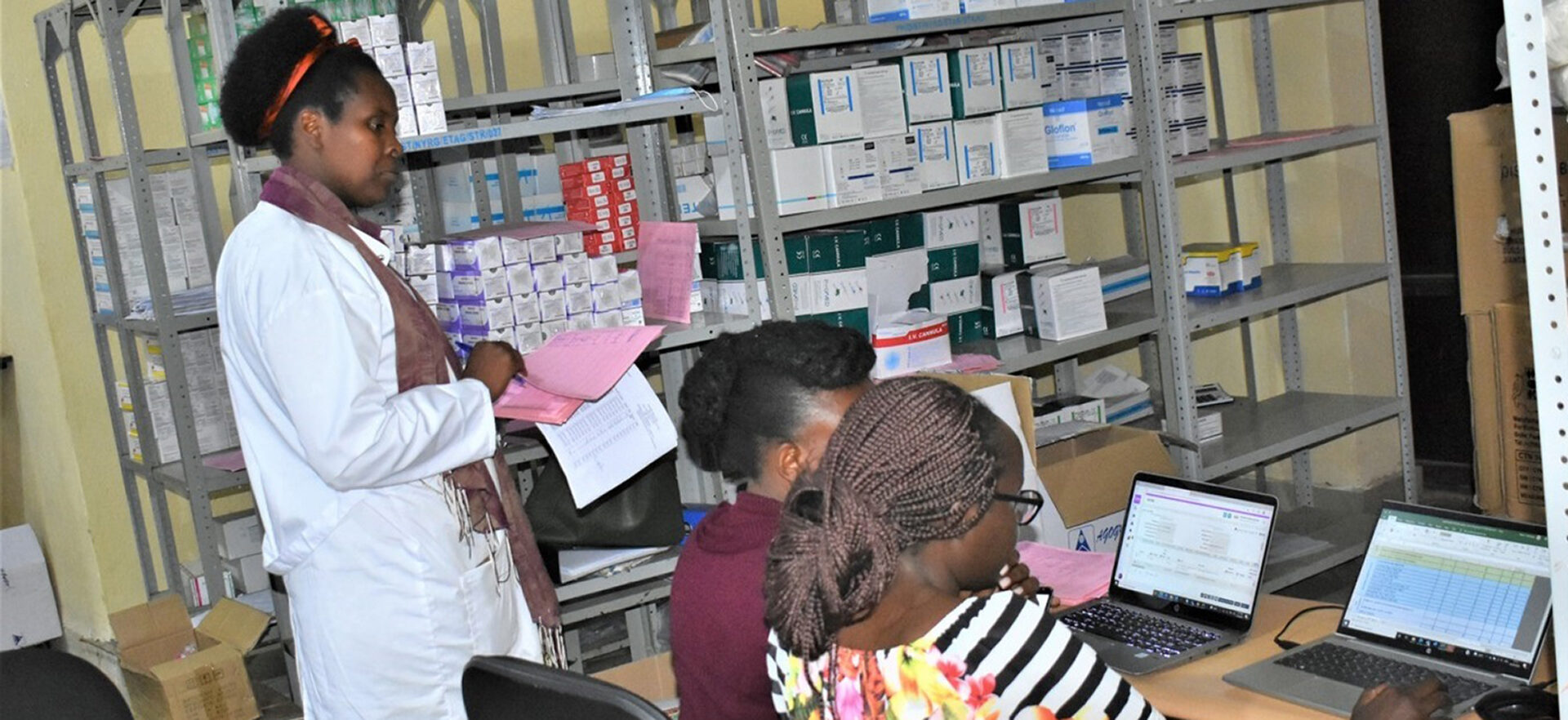
Professionalizing Healthcare Workers in Rwanda .
April 15, 2024We worked with the Rwandan government to develop a new framework for professionalization of the supply chain management workforce, helping to support thousands of public sector staff.
A health system can only be as strong as its workforce. That is why, in 2023, the Chemonics-led USAID Global Health Supply Chain Program-Procurement and Supply Management (GHSC-PSM) project collaborated with Rwanda to develop a country-specific framework for professionalizing healthcare workers in the supply chain.
The budgets and amount of health commodities increase annually for all disease areas, but comparable investment in the health supply chain workforce remains static in most countries. Therefore, personnels require technical and managerial upskilling to operate complex supply chain systems effectively.
“It is with this emerging need that the Ministry of Health was particularly interested in embarking on the journey of supply chain professionalization with the view of developing the most effective, efficient strategies to design and connect the health supply chain management curriculum of workforce supply institutions to the competencies required for the workforce to enhance their career pathways for the SCM [supply chain management] workforce in Rwanda,” said Rwanda’s Minister of Health Dr. Sabin Nsanzimana.
In 2019, GHSC-PSM and People that Deliver (PtD) conducted a whole-of-labor market analysis in Rwanda. The analysis revealed workforce challenges — including outdated curricula and limited career pathways — in Rwanda’s public health supply chain. The ranks of the supply chain workforce were also shown to be low in higher cadres and even lower in mid-level cadres. As a result, GHSC-PSM and PtD developed the Supply Chain Professionalization Framework in 2020.
The framework comprises four documents to be used concurrently; these include:
- Library of Competencies and Designation. Contains 56 expected technical competencies across seven domains and 3,360 behavioral competencies categorized into five professional levels.
- Collection of Roles and Job Descriptions. Promotes demand for workers and contains 96 examples of job descriptions.
- Mapping of Education. Promotes a supply of skilled SCM workers by displaying education qualifications relevant to each competency across five professional levels.
- Implementation Approach. Guides the application of these tools in a supply chain context.
“The pursuit of SCM professionalization in Rwanda establishes a standardized job description for all public health supply chain workers across all levels, defines the curriculum that qualifies the competencies required for quality work at all public health levels, and outlines horizontal and vertical cadre positions and movements that fuel career growth,” said Michael Egharevba, GHSC-PSM workforce development specialist and co-author of the framework.
GHSC-PSM also developed a Process Mapping tool that links data from Rwanda’s existing SCM processes, activities, designations, and competencies to the components of the SCM Professionalization Framework. GHSC-PSM and PtD used the tools they had developed — SCM Professionalization Framework and Process Mapping tool — to generate standardized job descriptions, required competencies, career paths, and key performance indicators for every SCM cadre in Rwandan health facilities.
Using the mapping exercise outputs, GHSC-PSM worked with the Rwanda government to develop Supply Chain Management Professionalization in Rwanda, which presents job descriptions, required competencies, and key performance indicators for 4,083 SCM staff in Rwanda’s public health sector. It will also be used for the SCM curriculum in the country, as it presents 73 competency areas and 607 learning objectives across seven SCM domains.
The mapping exercise created a database on the status and recommendations for professionalizing Rwanda’s health SCM workforce collected by engaging staff across supply chain levels. This information — now fully owned by the Ministry of Health — and participatory process gives the government, health institutions, and the supply chain a clear and bought-in path to address workforce challenges. The engagement of educational institutions is also critical to sustainability. The Rwanda Ministry of Health and Rwanda Medical Service were trained on how to use the tool at facilities across levels of the supply chain so that they can use it to update their curriculum, job descriptions, and competencies.
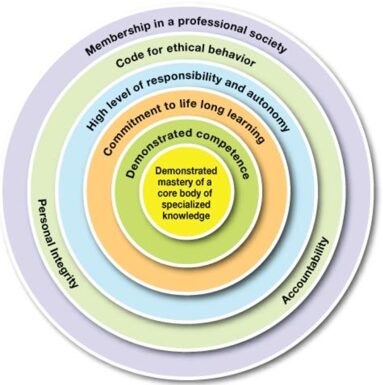
While Rwanda is the first to reach this stage of implementation, other countries, including Nigeria and Mozambique, are in the process of implementing the framework. This tool is designed to be applied in any geographical region and creates easily customized outputs based on the community’s inputs.


